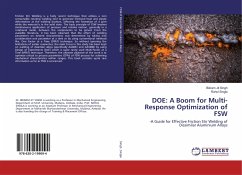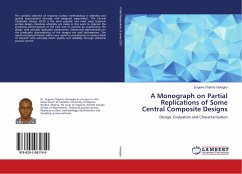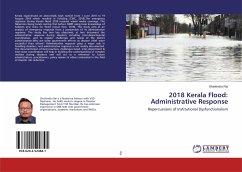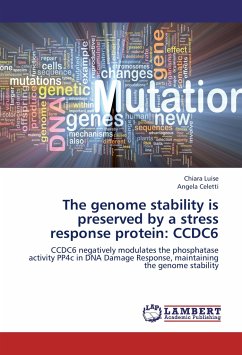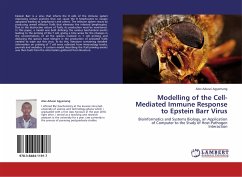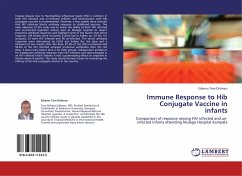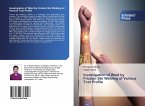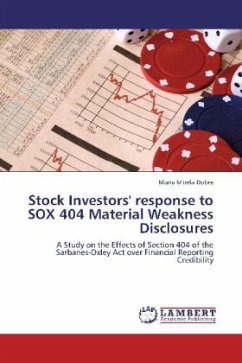Friction Stir Welding is a fairly recent technique that utilizes a non consumable rotating welding tool to generate frictional heat and plastic deformation at the welding location, affecting the formation of a joint while the material is in the solid state. The basic principle of FSW involves simultaneous application of pressure and relative motion, generally in a rotational mode, between the components to be joined. From the available literature, it has been observed that the effect of welding parameters on desired characteristics was determined by taking into consideration one parameter at a time or by using conventional methods like, One Factor at a Time (OFAT) technique. So without ignoring the limitations of earlier researches, the main focus in this study has been kept on welding of dissimilar alloys (specifically AA6061 and AA5086) by using Design of Experiments (DoE) which is quite rarely used Multi-Factor at a Time (MFAT) technique. Therefore, the ultimate objective of the work is to optimize critical to process parameters (CPPs) of FSW process for achieving mechanical characteristics within ranges. This book contains quite rare information as far as FSW is concerned.
Bitte wählen Sie Ihr Anliegen aus.
Rechnungen
Retourenschein anfordern
Bestellstatus
Storno

